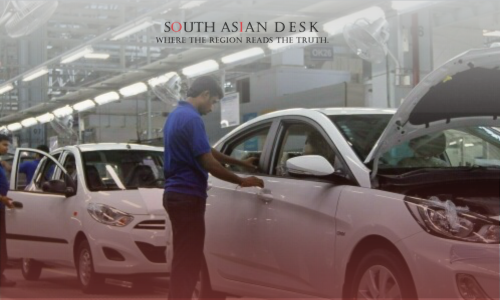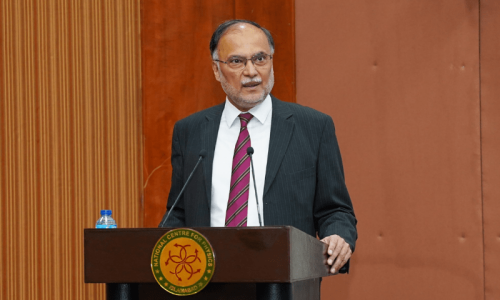Vehicle prices in Pakistan have risen sharply due to new budgetary measures, including a carbon levy and increased general sales tax (GST). Local assemblers have adjusted prices upward by as much as Rs700,000, affecting a wide range of vehicles from compact hatchbacks to SUVs. This price hike, driven by the recently introduced Climate Support Levy, is impacting buyers across all segments, including those seeking entry-level models.
The automotive industry is grappling with these changes as manufacturers pass on the added costs to consumers. For instance, recent posts on X indicate that the average price of new vehicles has climbed significantly, with some models seeing increases of up to 13.5% due to similar fiscal policies in other markets. In Pakistan, the combination of higher GST and the carbon levy is squeezing consumer budgets, particularly for middle-class buyers who rely on affordable cars for daily commuting.
Industry observers note that these levies aim to address environmental concerns by discouraging high-emission vehicles, but they also risk slowing down auto sales in a price-sensitive market. Some manufacturers are exploring cost-cutting measures to soften the impact, but significant relief for consumers appears unlikely in the near term. Buyers are advised to research thoroughly and consider timing their purchases to navigate these rising costs effectively.
Published in SouthAsianDesk, July 5th, 2025
Follow SouthAsianDesk on X, Instagram and Facebook for insights on business and current affairs from across South Asia.




![Collage of COAS Field Marshal Munir [L] and US President Donald Trump. — ISPR/AFP](https://southasiandesk.com/wp-content/uploads/2025/06/18090415659519a-2.jpg)